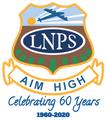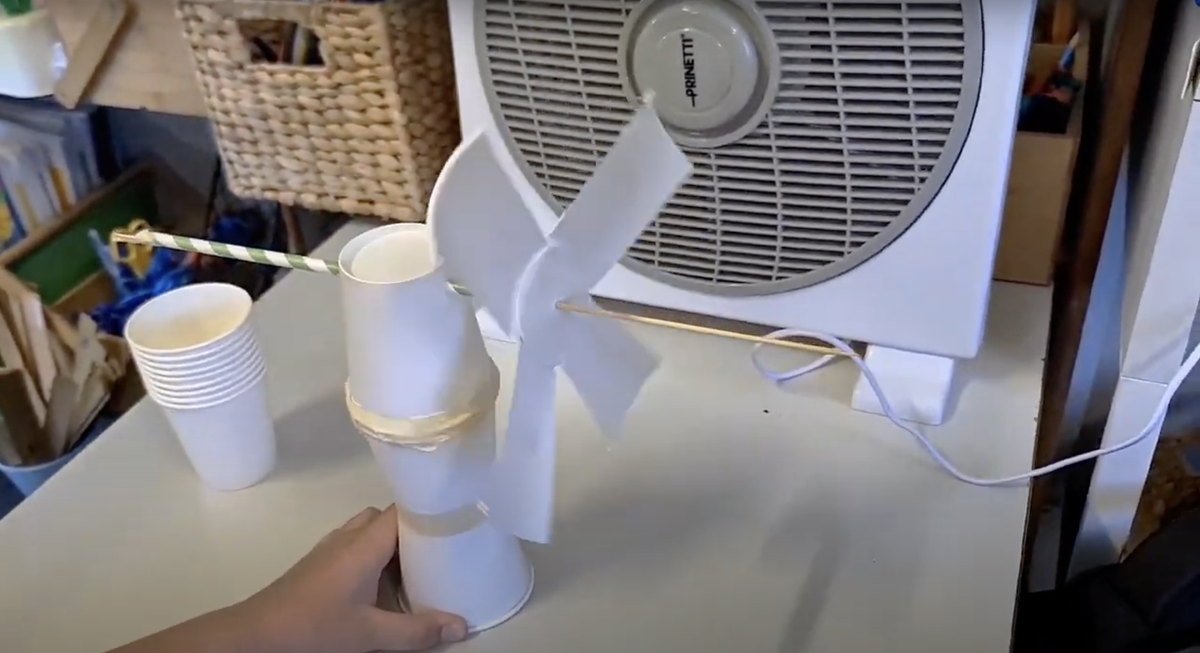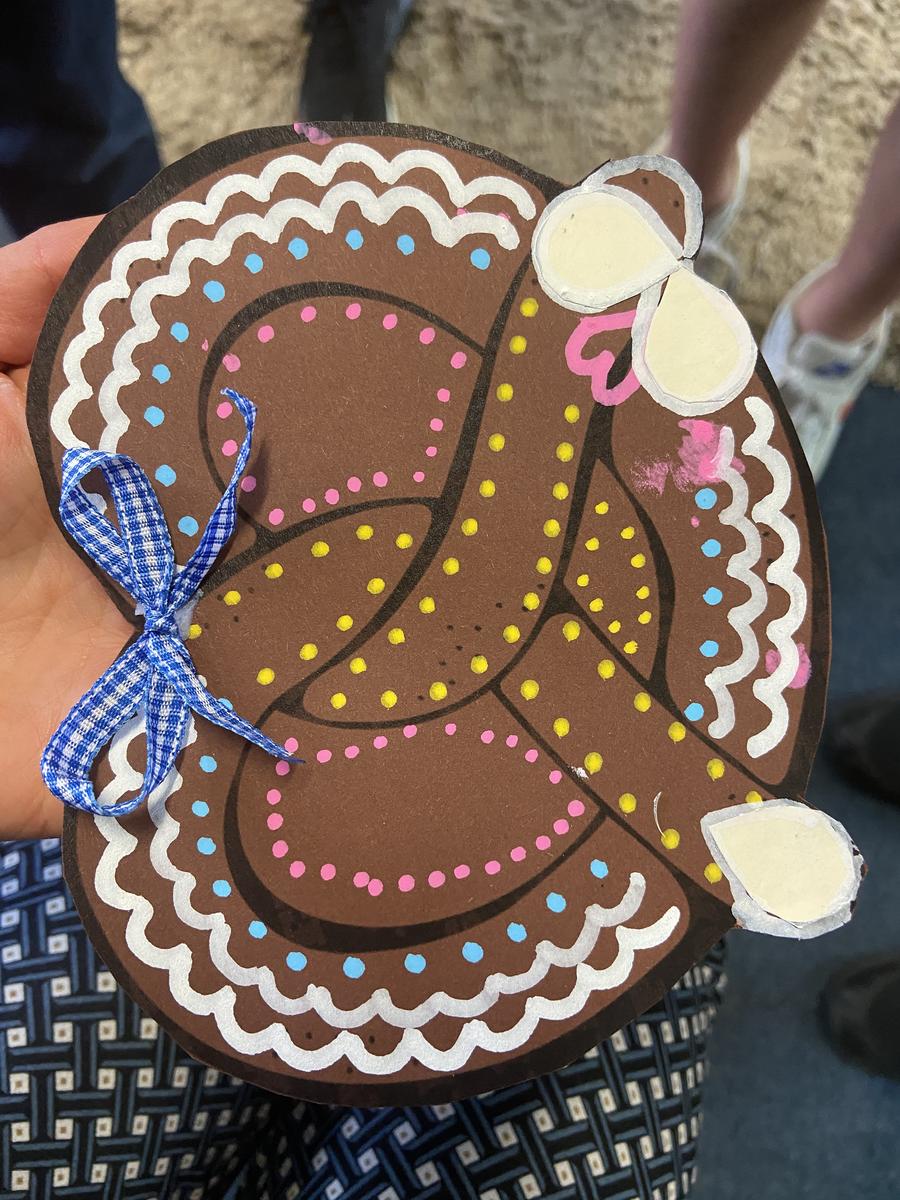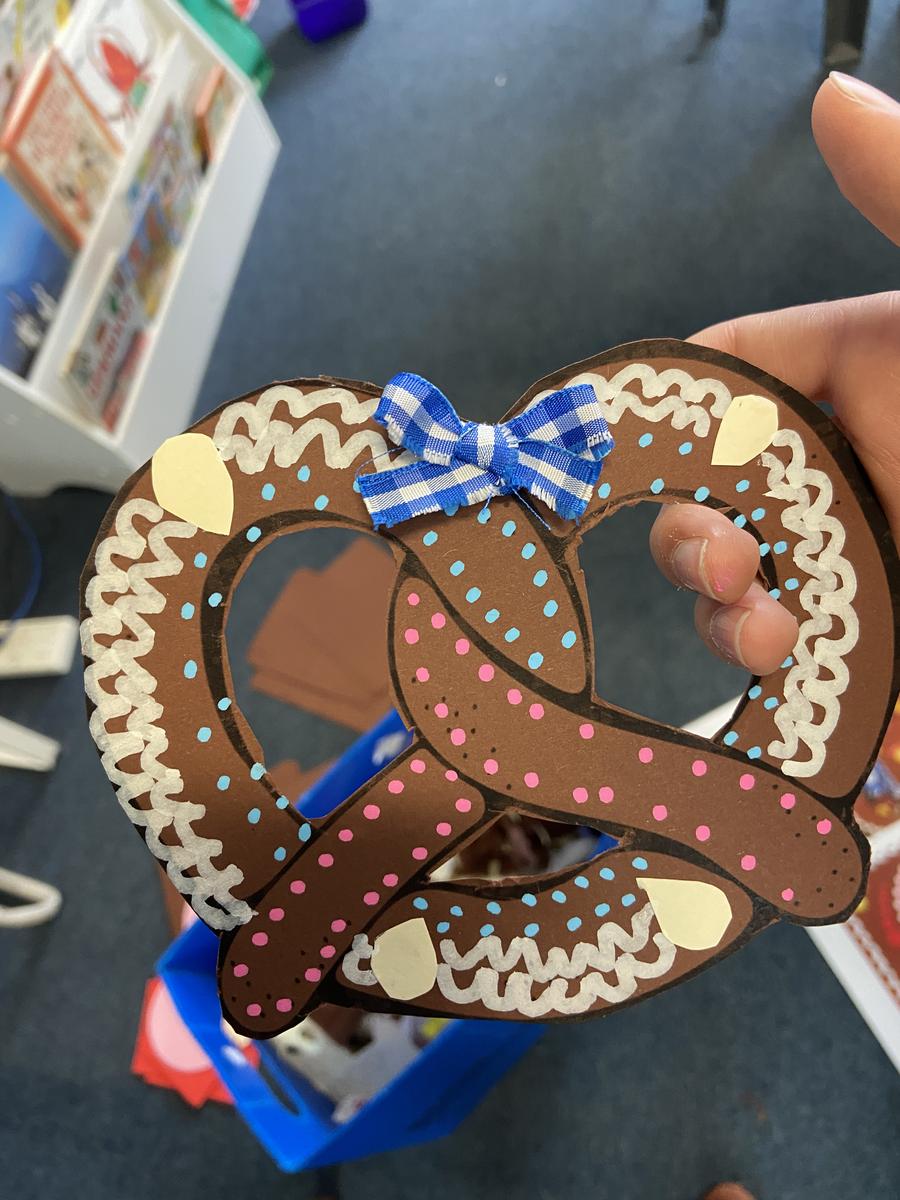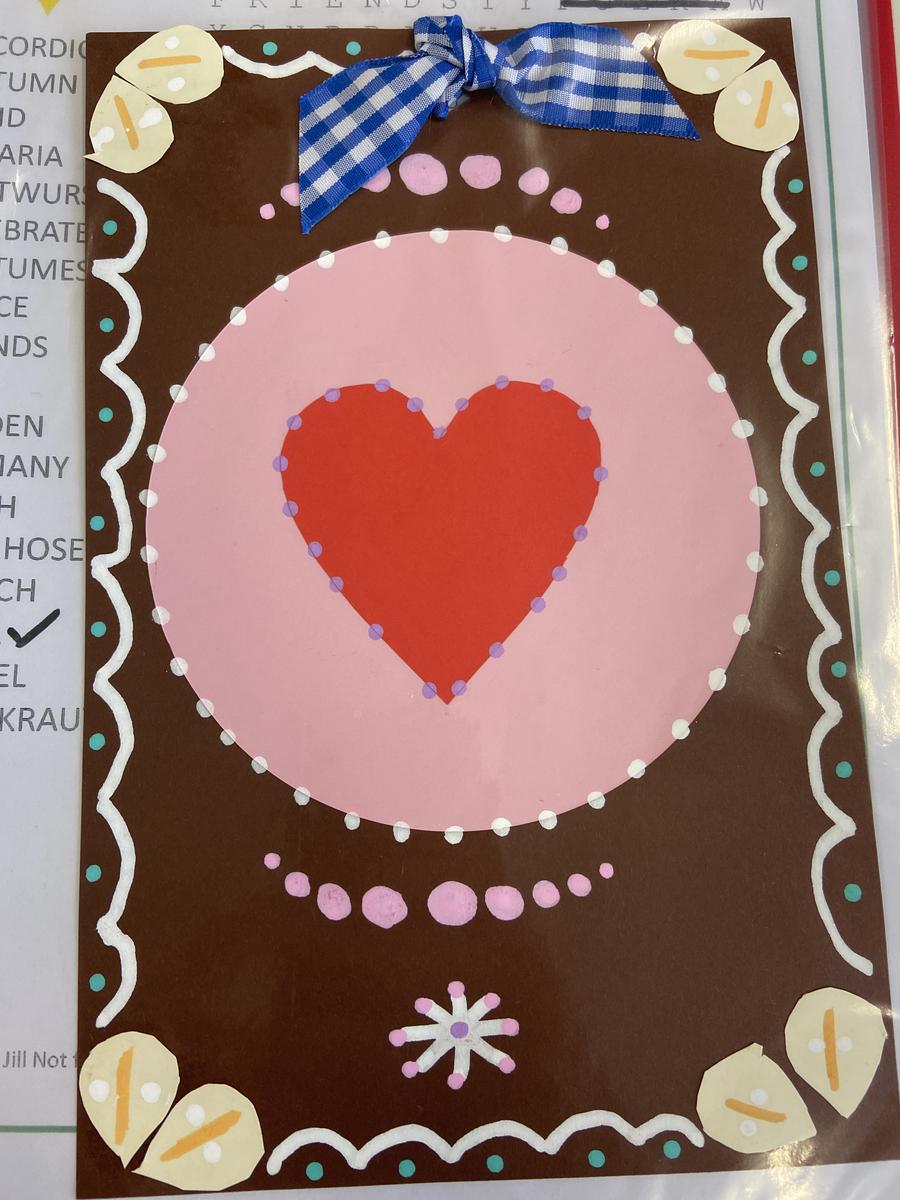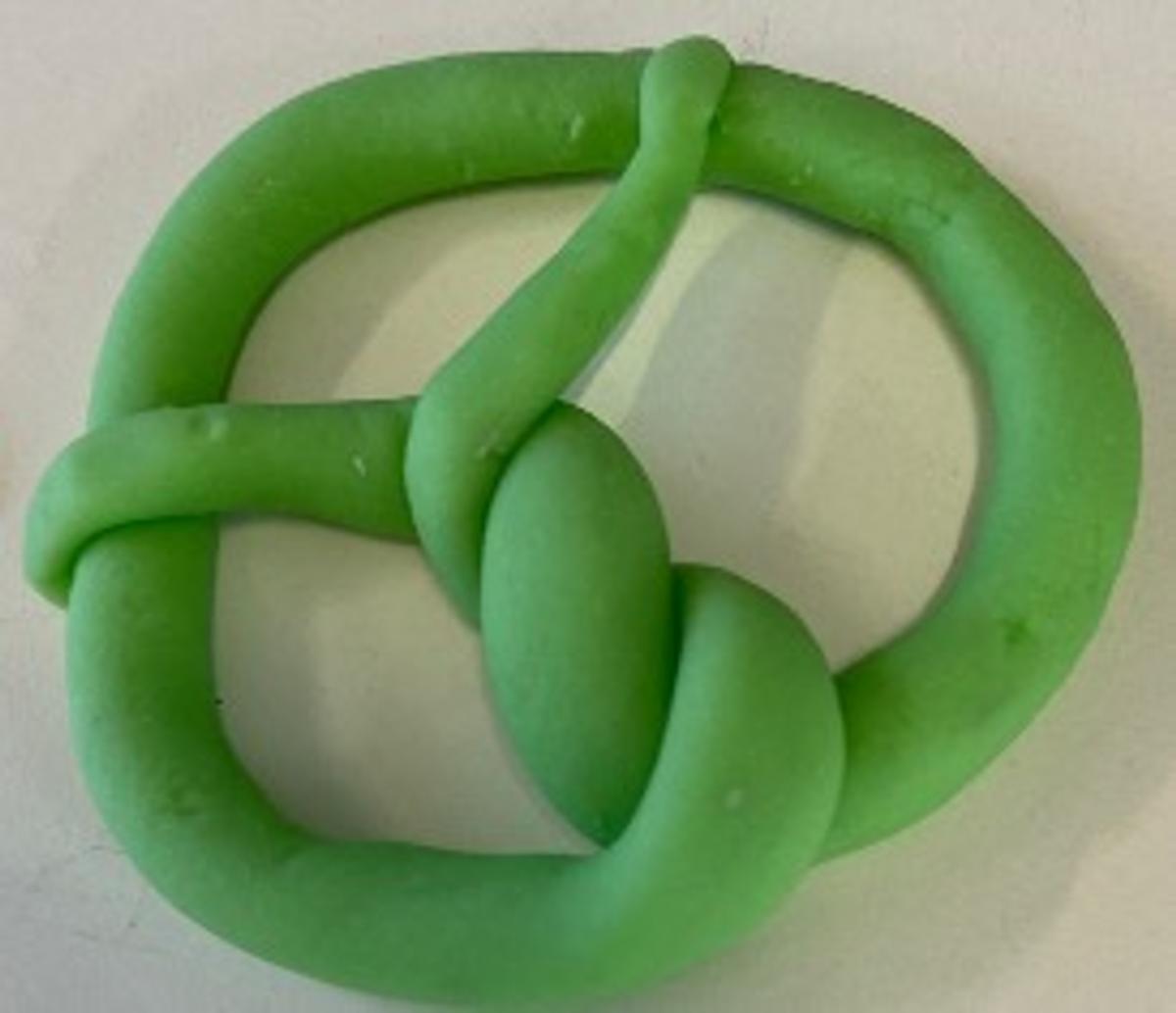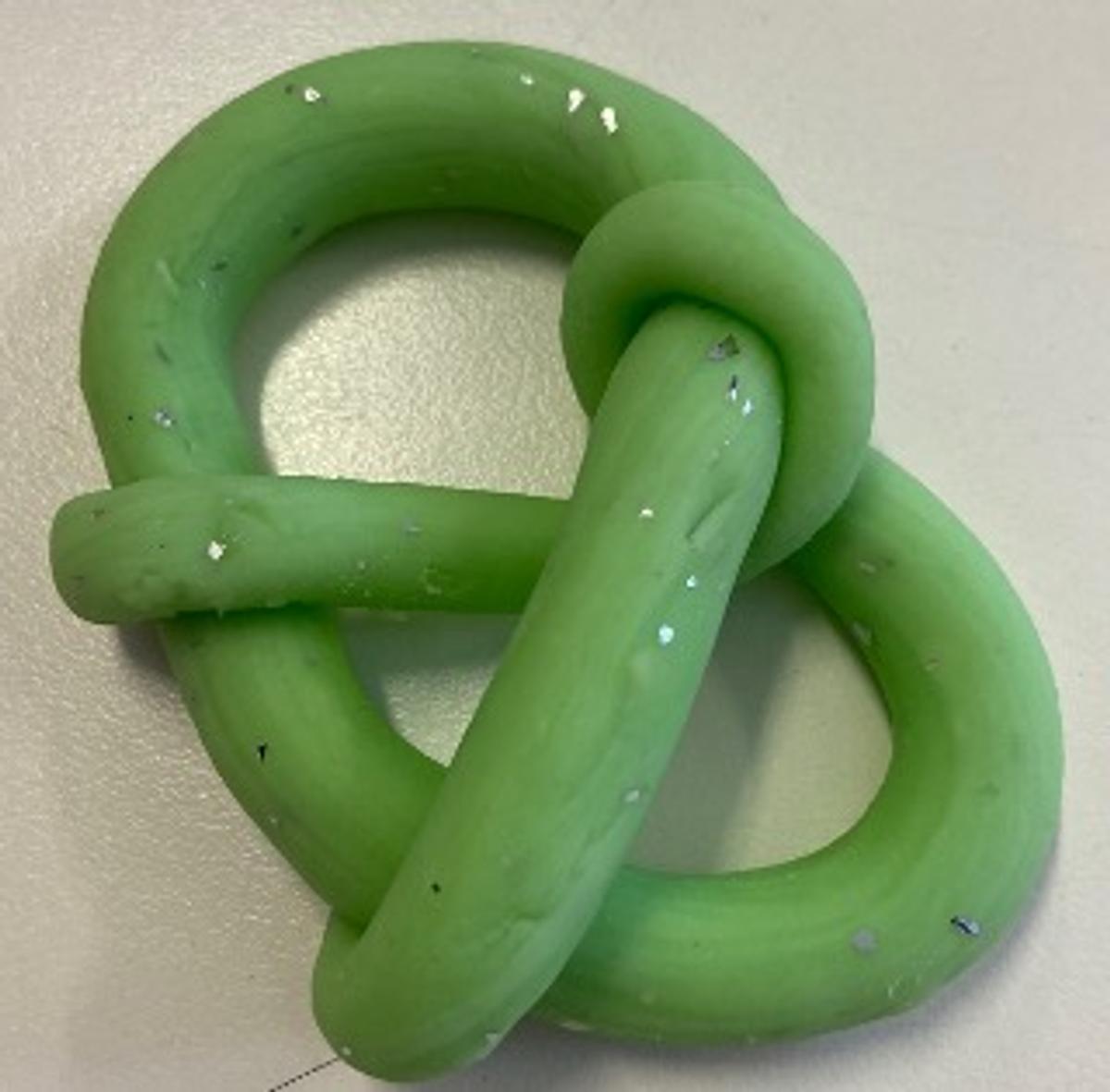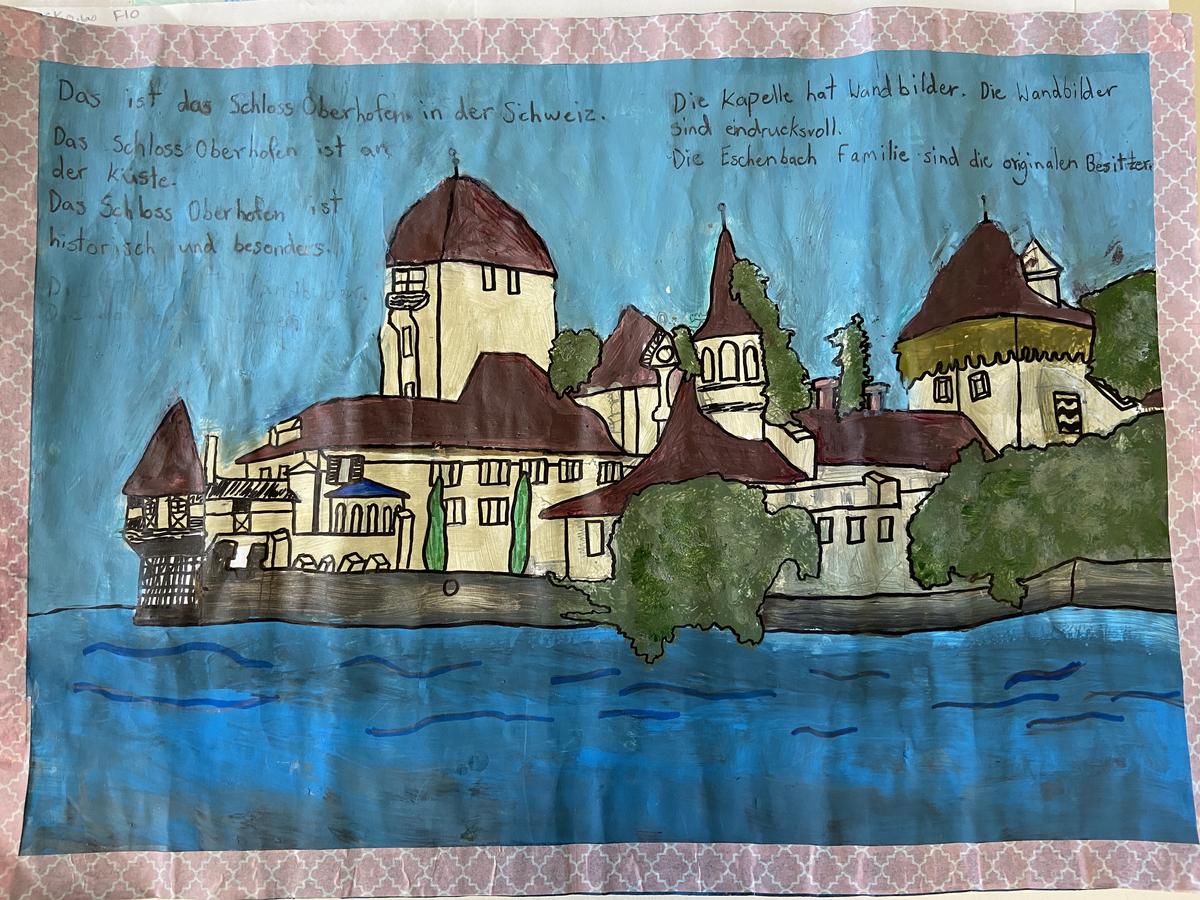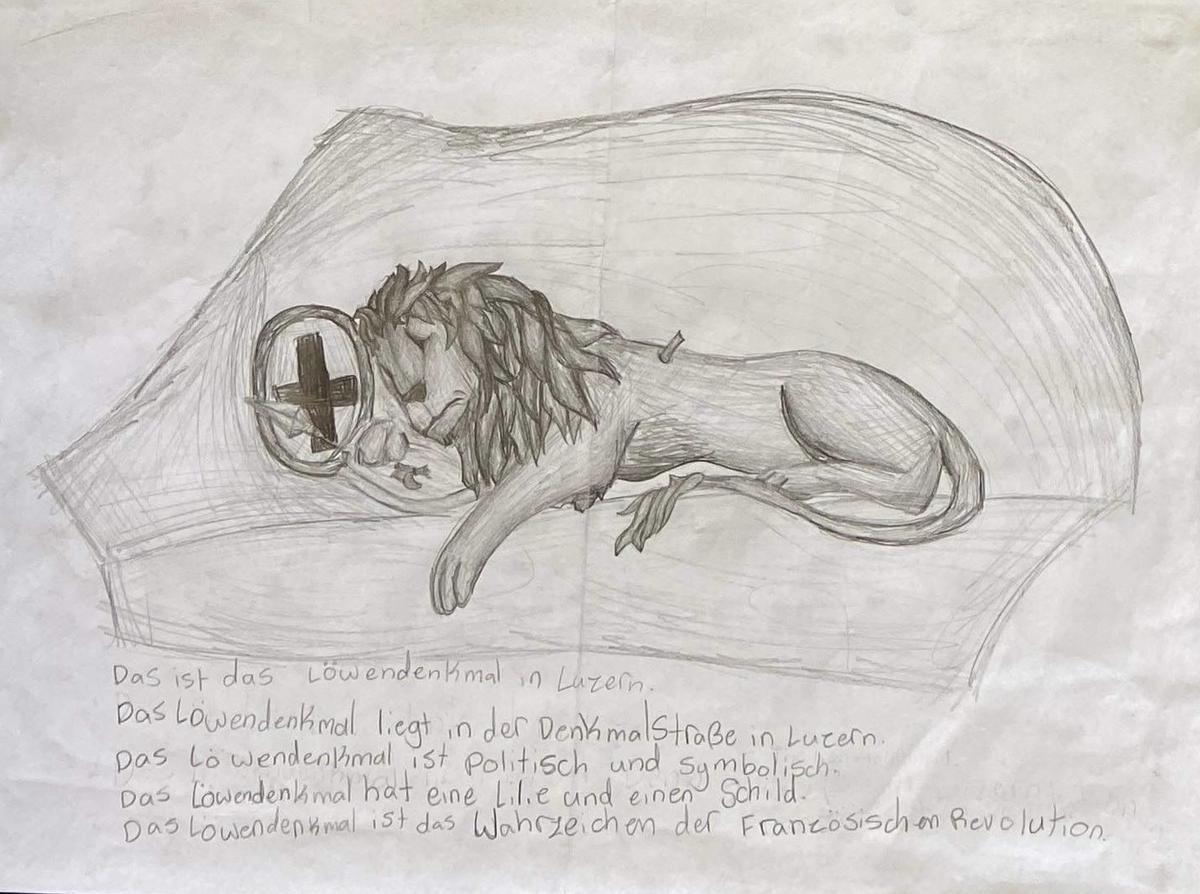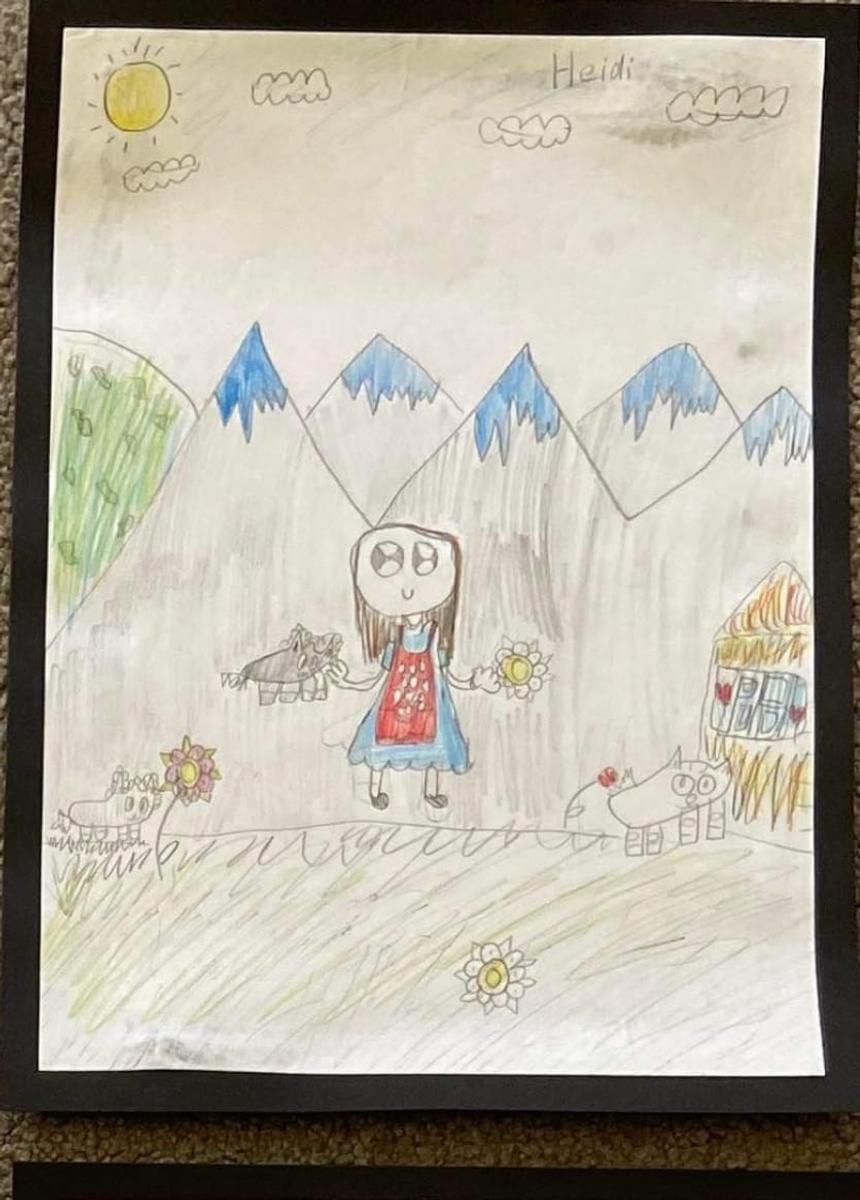SPECIALIST SUBJECTS

This semester in Science we are learning about Biological and Earth Space Sciences. In German we are learning about fairy tales, celebrations and connections with Germany.
Science
Years 4-6: Biological Sciences
Adaptations to Survive
Learning Intention:
- We are learning how behavioural and physical adaptations help a species to survive.
In this unit, students will:
- describe adaptations through observations.
- list adaptations differences and features.
- justify adaptations for living things.
- connect information about adaptations with the need to survive.
- predict what adaptations might exist in a given environment.
Achievement Standards:
Students analyse how the form of living things enables them to function in their environments. Students discuss how scientific developments have affected people’s lives, help us solve problems and how science knowledge develops from many people’s contributions. Students construct tables and graphs to organise data and identify patterns in the data. They compare patterns in their data with predictions when suggesting explanations. They describe ways to improve the fairness of their investigations, and communicate their ideas and findings using multimodal texts.
Years 5/6: Earth and Space Science
Don’t Panic
Learning Intention:
- we are learning how the earth's natural forces cause changes affecting people’s lives and property.
In this unit, students will:
- use symbols as a means of collecting and analysing scientific information
- identify severe weather events.
- design to a brief
- assess the effectiveness of a design
- construct scientific models
- Assess the limitations of models
Achievement Standards:
Students explain how natural events cause rapid change to Earth’s surface. They explain how scientific knowledge helps us to solve problems and inform decisions and identify historical and cultural contributions. They Follow procedures to develop investigable questions and design investigations into simple cause-and-effect relationships. They identify variables to be changed and measured and describe potential safety risks when planning methods. They collect, organise and interpret their data, identifying where improvements to their methods or research could improve the data. They describe and analyse relationships in data using appropriate representations and construct multimodal texts to communicate ideas, methods and findings.
Years 4/5: Earth and Space Sceince
Lost in Space
Learning Intention:
- We are learning about the Earth and other celestial bodies in our Solar System.
In this unit, students will:
- describe how Aboriginal and Torres Strait Islander Peoples use observation of the night sky to assist with time keeping.
- understand how scientific thinking can change as we discover new things
- identify the planets of the solar system and know that the Earth is part of a system of planets orbiting around a star
- construct visual data to communicate trends and patterns
Achievement Standards:
Students describe the key features of our solar system. Students discuss how scientific developments have affected people’s lives, help us solve problems and how science knowledge develops from many people’s contributions. Students construct tables and graphs to organise data and identify patterns in the data. They compare patterns in their data with predictions when suggesting explanations. They describe ways to improve the fairness of their investigations, and communicate their ideas and findings using multimodal texts.
YEAR 4/5 German
Schneewittchen - Snow White
Learning intentions:
- We are learning about fairytales. We are learning to use German grammar.
In this unit, students will:
- identify and recall new vocabulary on the topic of space.
- listen to and engage with the Brüder Grimm version of Schneewittchen.
- use a Venn diagram to compare the Brüder Grimm version of Schneewittchen with other popular retellings.
- learn how to identify and write using the comparative.
- learn how to identify and write using the superlative.
- create questions and answers using the comparative and superlative.
- recreate their own version of the Spieglein, Spieglein (mirror, mirror) scene.
Feste - Celebrations
Learning intention:
- we are learning about the origins of and stories behind German celebrations.
In this unit, students will:
- learn how people in Germany celebrate festivals like Oktoberfest, Martinstag, Fasching and Nikolaustag.
- make connections between Feste in Germany, Australia and other countries.
- use procedures to craft Brezeln, Laterne and Schuhe vor der Tür.
South Australian German Teachers Association (SAGTA) Poster Competition
Learning intention:
- we are learning about a region of a German-speaking country.
In this unit, students will be able to:
- use short statements and simple sentences such as Das ist… Er/sie/es ist… Ich finde… to inform an audience about a chosen building, structure or park in Brandenburg, Germany.
- create an A4 or A3 poster presenting their findings on their chosen building, structure or park in Brandenburg, Germany.
- put their posters into the running to be chosen for the annual SAGTA poster competition.
Achievement Standards:
Students interact with teachers and peers in classroom routines, action-related talk and play. They respond to instructions and use formulaic expressions to interact, ask questions, seek assistance, and make statements related to their personal worlds. They create short, simple sentences from modelled language and use coordinating conjunctions. They identify ways in which culture influences aspects of communication in routine exchanges such as greetings, and describe their own sense of identity, including elements such as family, cultural heritage and friends. Students identify German as an important European and global language and give examples showing how it is related to English.
YEAR 5/6 German
Außerhalb dieser Welt - Out of this World
Learning intentions:
- we are learning to use German grammar. We are learning to create imaginative texts.
In this unit, students will:
- identify and recall new vocabulary on the topic of space.
- recognise and use coordinating conjunctions und, aber and oder.
- develop/extend sentences using a coordinating conjunction.
- recognise and use subordinating conjunctions weil and dass.
- recognise how weil and dass impact word order.
- understand the difference between coordinating and subordinating conjunctions.
- recall and use familiar greetings.
Feste/Lebkuchenhäuser Celebrations/Gingerbread Houses
Learning intentions:
- we are learning about recipes. We are learning about German traditions.
In this unit, students will:
- identify the text features of a recipe.
- understand how text features and text structure allow us to identify a recipe.
- write a script for a silent movie using opinions on food.
- understand that measurements and measurement acronyms are different in English and German.
- be introduced to vocabulary relating to Lebkuchenhäuser.
- translate a procedure on how to construct and decorate a Lebkuchenhaus.
- construct and decorate a Lebkuchenhaus.
Achievement Standards:
Students use written and spoken German for classroom interactions, to carry out transactions, and to share ideas and opinions, relate experiences and express feelings. They use appropriate intonation for simple statements, questions and exclamations, and correct pronunciation. When creating texts, they manipulate modelled language to describe current, recurring and future actions and produce original sentences with common regular and irregular verbs in the present tense. They use adjectives, adverbs and adverbial phrases to qualify meaning. They explain aspects of German language and culture, recognising that there are not always equivalent expressions in English, and create a range of bilingual texts to support their own language learning and the school community.
